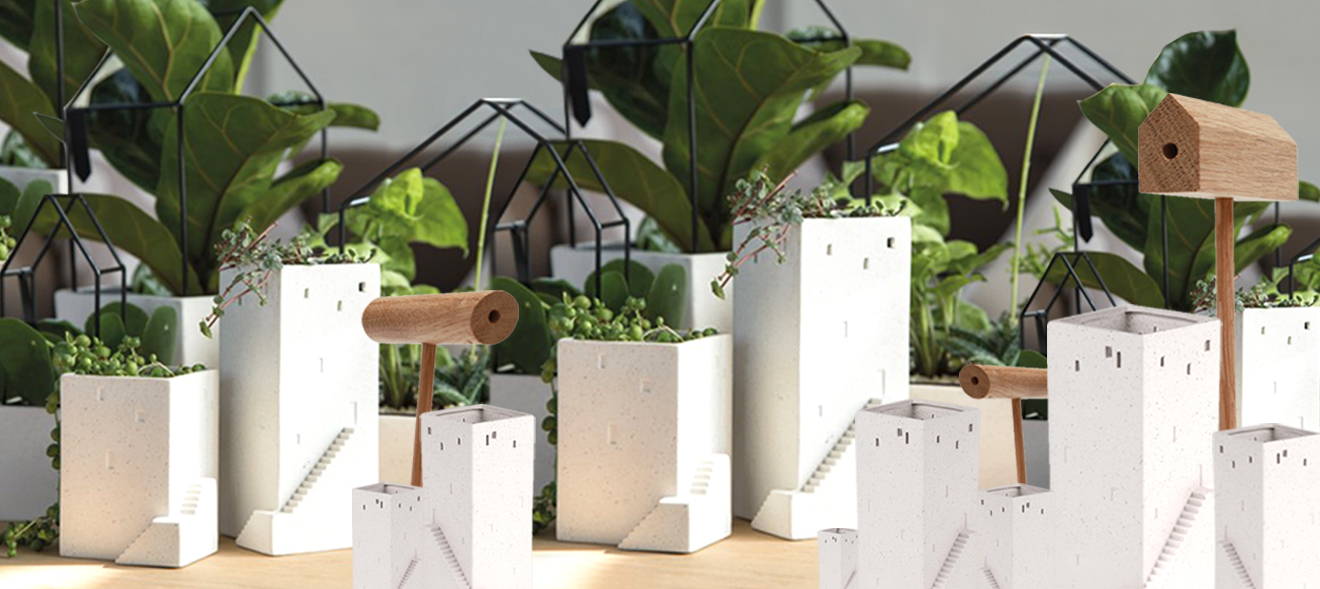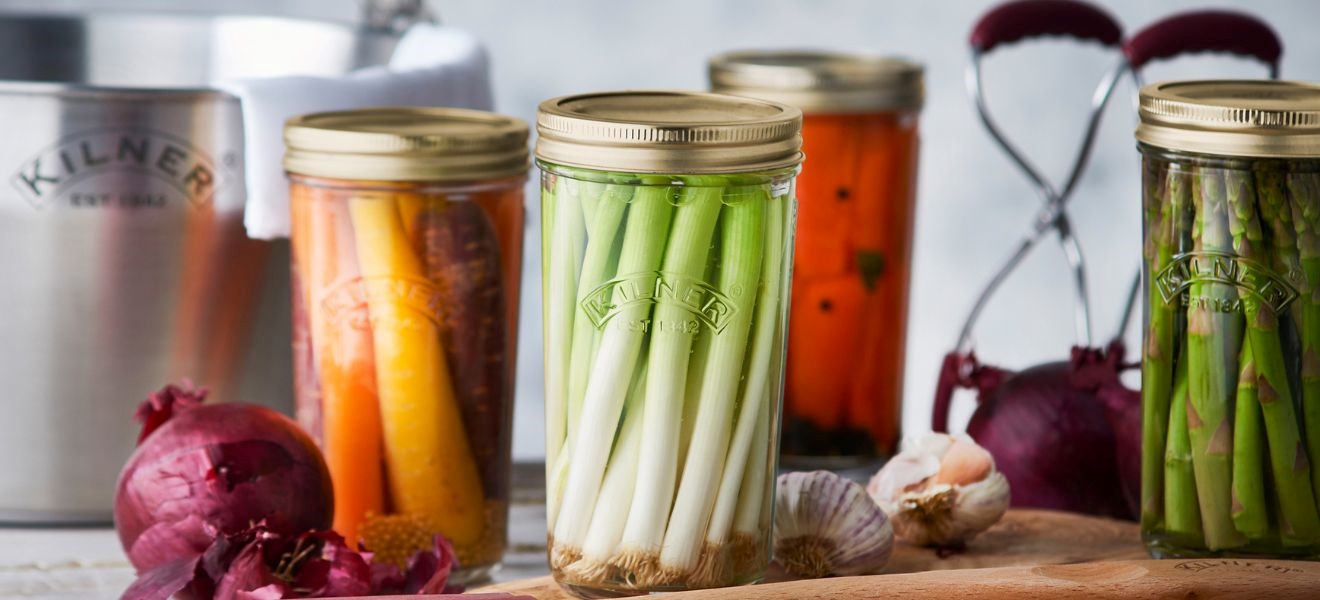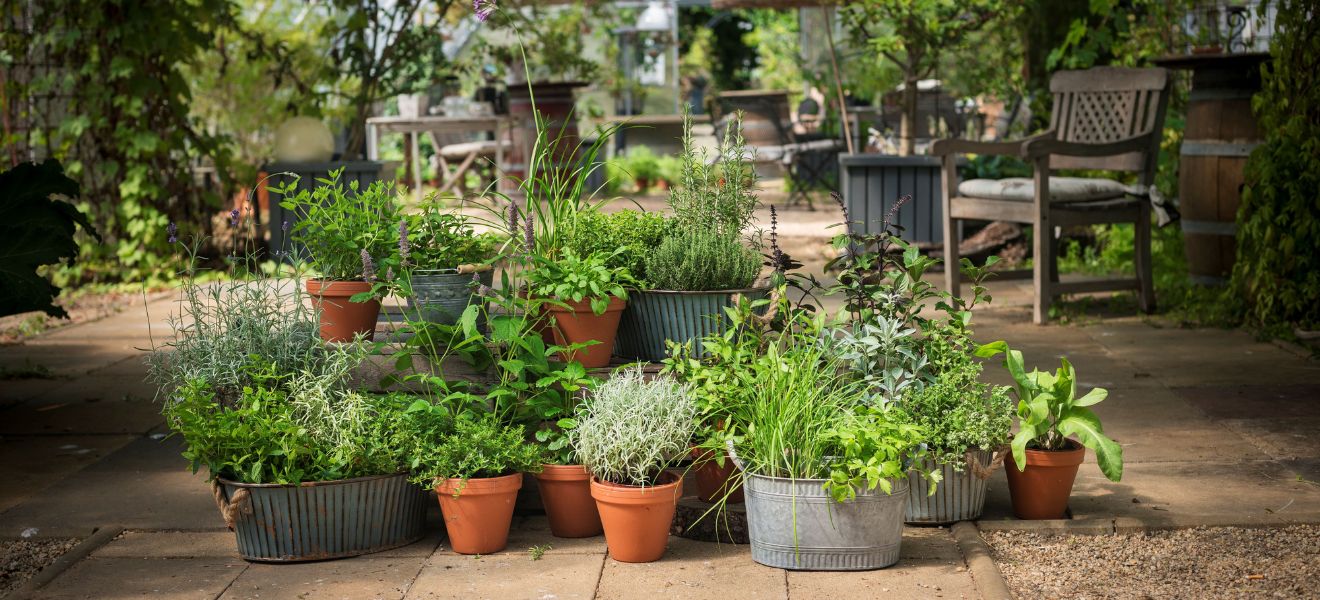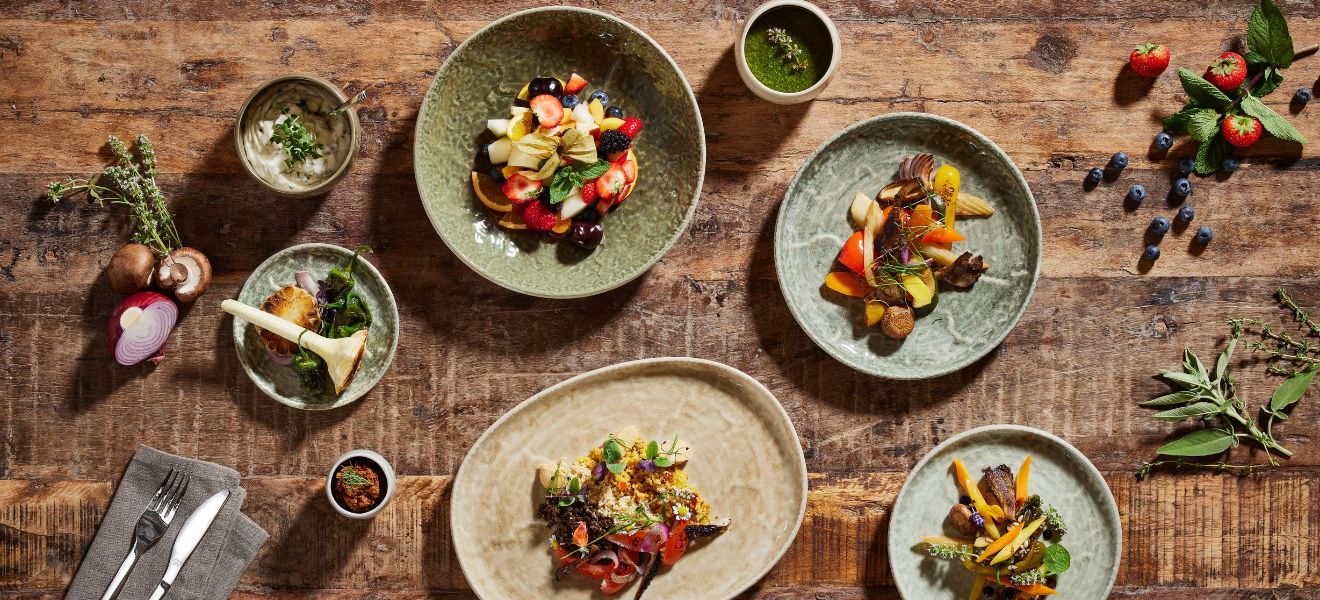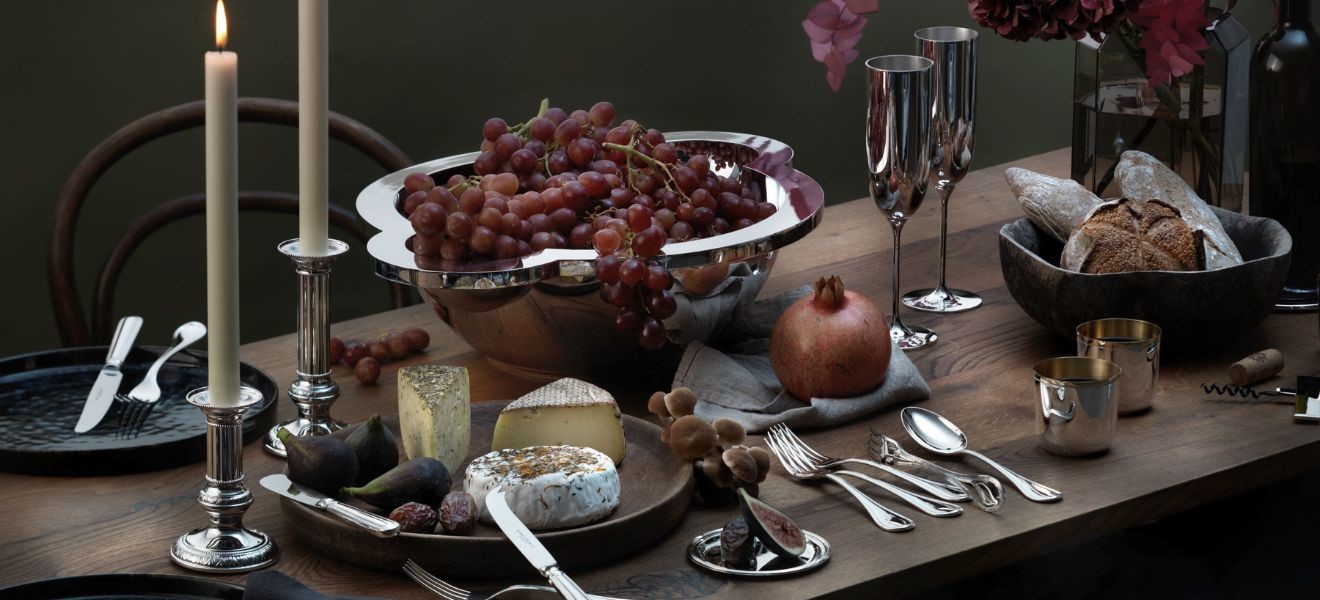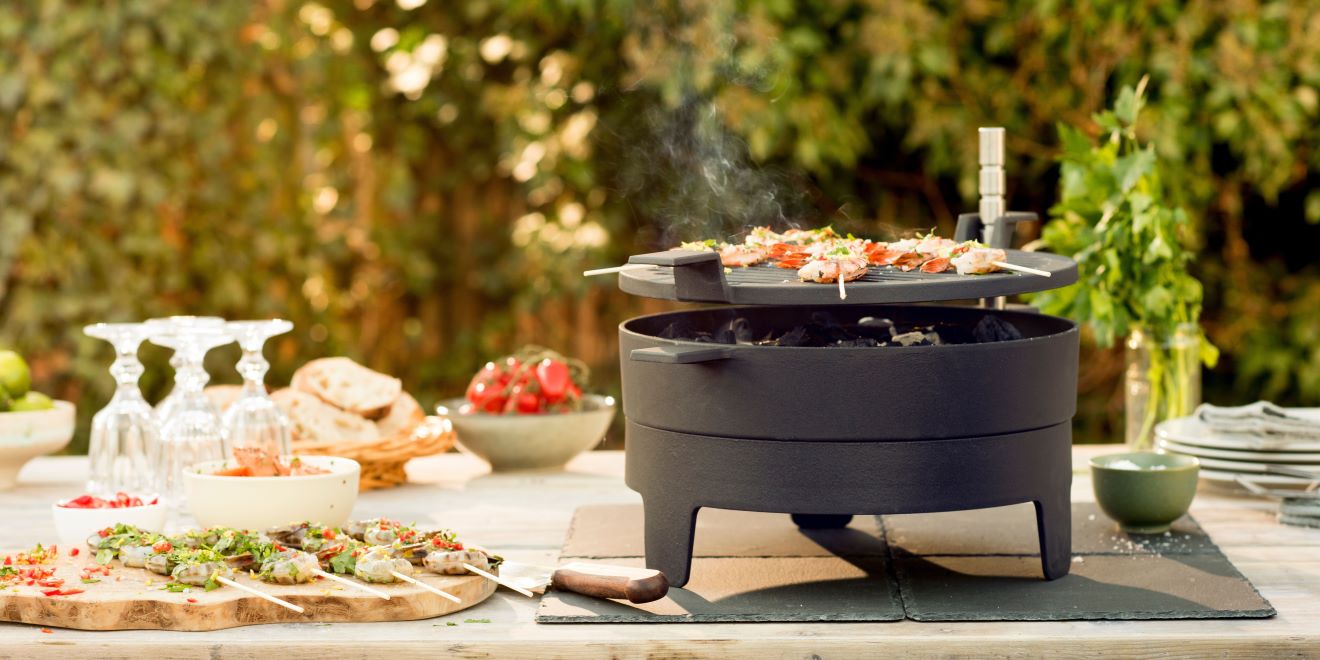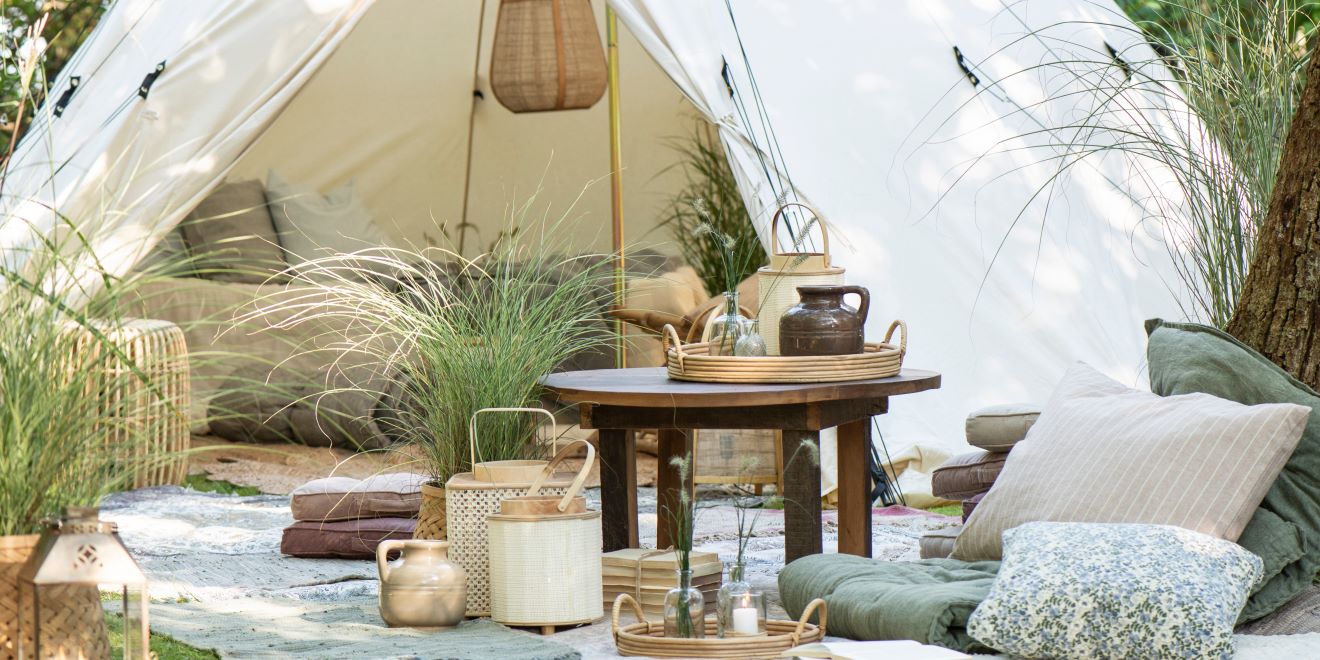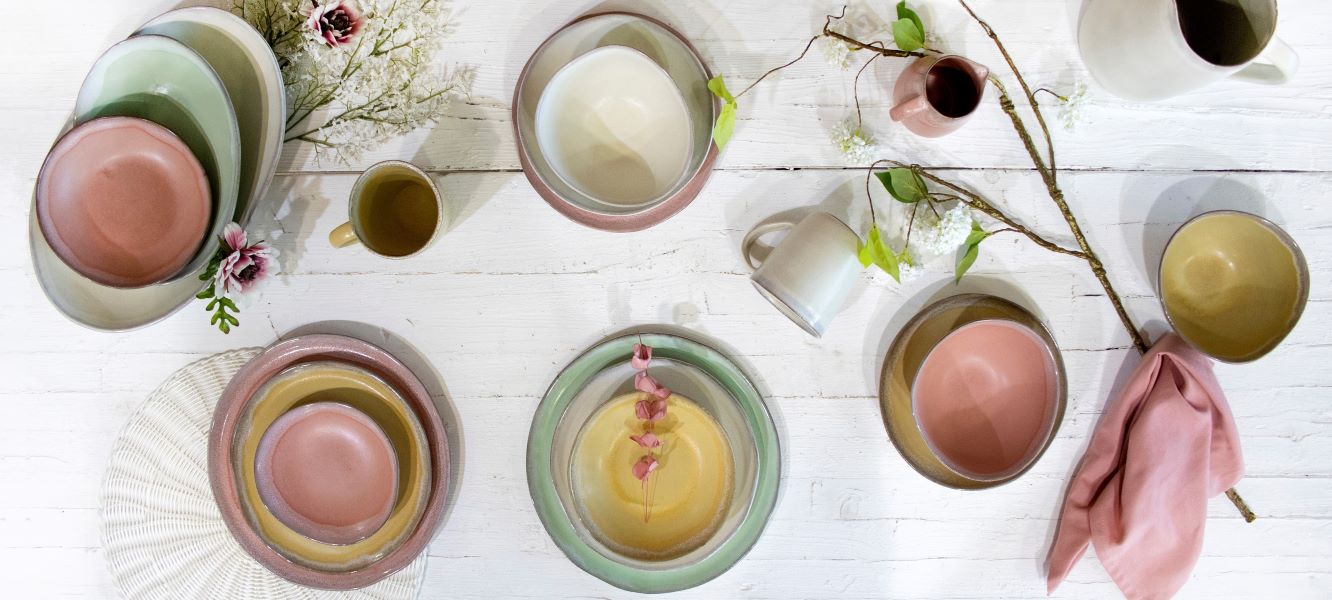Environmental awareness is one of today’s most important issues. Above all, it’s about realising that everyone, old or young, can make the world a little bit better. You can start small, perhaps by creating a bee-friendly balcony or ensuring your food is sourced and disposed of sustainably.
These days you don’t need to live in the countryside to appreciate nature. Ideas that mad-keen urban gardeners experimented with years ago have now entered our mainstream consciousness. Flat roofs serve as elevated meadows, with chicken coops and even sheep. Food-growing balconies are just as much part of urban living as home-grown, backyard vegetables are to restaurant chefs. City dwellers root around in organic vegetable beds, bee-friendly perennials are bestsellers, and no self-respecting garden or balcony is without its own insect hotel. Plant accessories and gardening implements have emerged from the gloomy garden shed into the design workshop. We discovered a lot of new products to bring fun and joy to the new urban lifestyle.

Garden implements: cooler than ever
British royals Harry and Meghan had an organic garden planted at their cottage in Windsor shortly before their son Archie was born, so they could grow their own veg for his first food – they’re bang on trend. Whether you’re in Berlin, Prague or London, rustic holiday homes and weekend pads are booming and are being cultivated in expert style. And if you don’t have a vegetable bed, you can still grow herbs on your windowsill. Decorative trellises, creative pots and accessories are all here to help.

2 Vase by Räder
3 Flowerpot by Verti Copenhagen
4 Herb shear by Gefu
5 Gardening gloves by Duramitt
6 Plant plug by Donkey Products
7 Plant bag by Novoform
We take nature seriously, and make it pretty fun!
With aprons as pretty as summer dresses, planter bags in pleasing designs and handy helpers – like the self-watering can for plant pots – you can add fun to the new garden trend for both designers and consumers. Digging around in the soil needn’t be dull and boring, how about some guerrilla gardening? ‘Die Stadtgärtner’ (English = urban gardeners) started out making seed bombs in the kitchen of their shared house, and now run an online shop selling interesting implements for greening the city, such as the special Tyvek ‘bunting’ pot holders which can be planted with edible herbs.
2 Apron by Klippan Yllefabrik
3 Water dispenser for flower pots by Bitten Design
2 Apron by Klippan Yllefabrik
3 Water dispenser for flower pots by Bitten Design

Rewilding: feeding our flying friends
Save the bees! What began as a regional petition in Bavaria has now become an EU-wide citizens’ initiative. Many insects and songbirds often find better living conditions in urban areas, now our countryside is home to industrial agriculture and huge tracts of arable land have no wild areas. Sometimes, bees and butterflies can visit a wider variety of chemical-free, nectar-rich flowers on balconies and in gardens than in the countryside. McDonalds now has “McHive”, the world’s smallest restaurant for bees. If you add in butterfly water ‘puddlers’, bird baths and nesting boxes, you can really see nature first-hand. By the way, butterflies aren’t just pretty to look at: they can also pollinate and help tomatoes, cherries and other crops when they fly like bees from flower to flower.

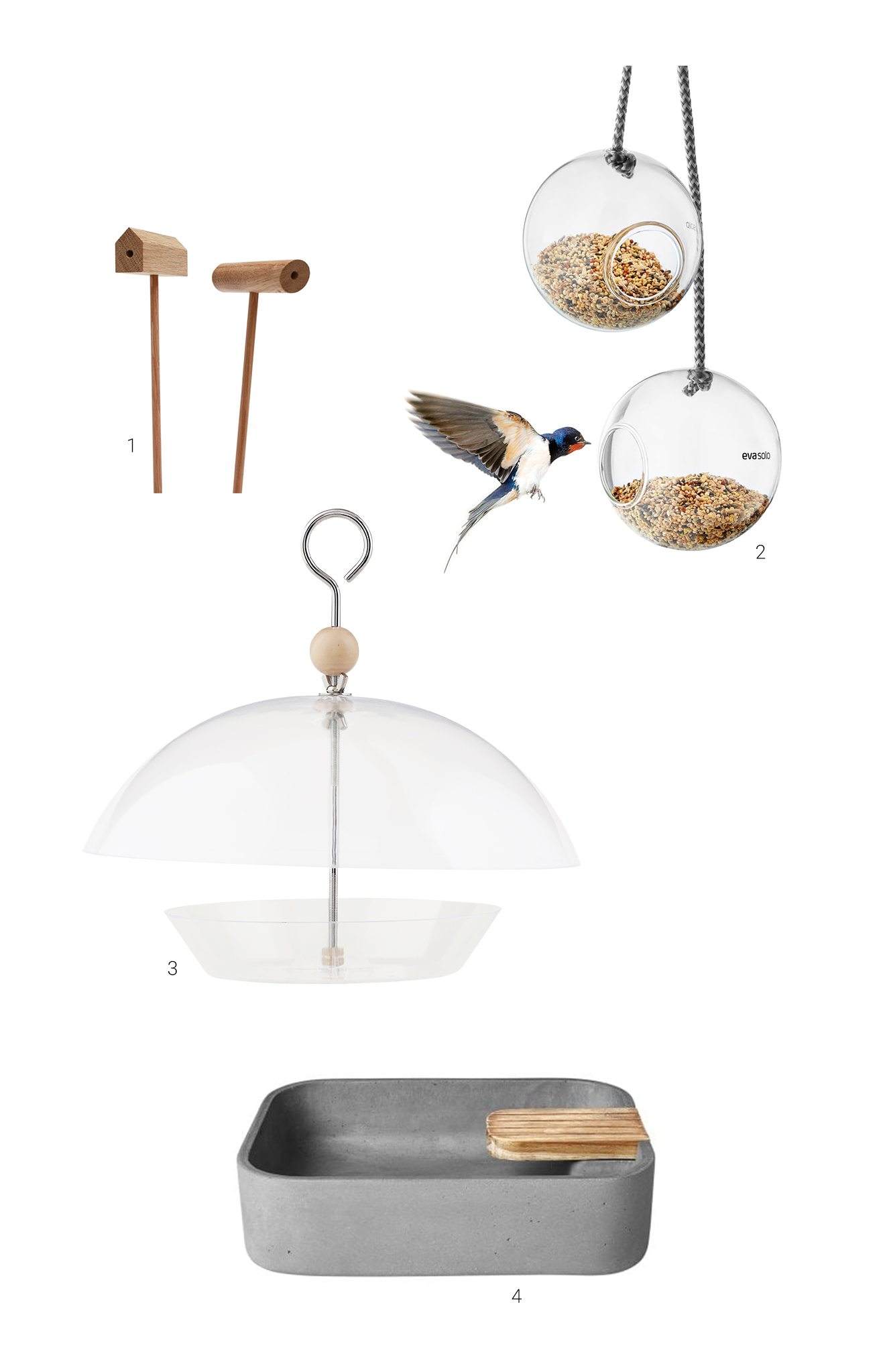
2 Bird feeder by Eva Solo
3 Bird feeder by House Doctor
4 Bird bath by Blomus


Shrubs, kimchi and mother earth: homespun wisdom
As in the olden days, we can eat home-grown fruit and vegetables, and we can preserve the surplus. Of course, there are chutneys and marmalades, but fermenting is increasingly popular too. Whether you follow the piquant Korean recipe for kimchi, opt for traditional German sauerkraut, or even make shrub syrup with overripe fruit, sugar and vinegar: the methods have been around for centuries. And at the end of the natural cycle, composting helps produce new, fertile soil. These days the process has scaled new heights in terms of design. Take this kitchen composter which won a Red Dot design award. It breaks down organic waste in style, and without unpleasant odours. It’s good news all round.

2 Preserving cooker by Rommelsbacher
3 Fermentation glasses by Lékué
4 Organic waste box by Joseph Joseph

